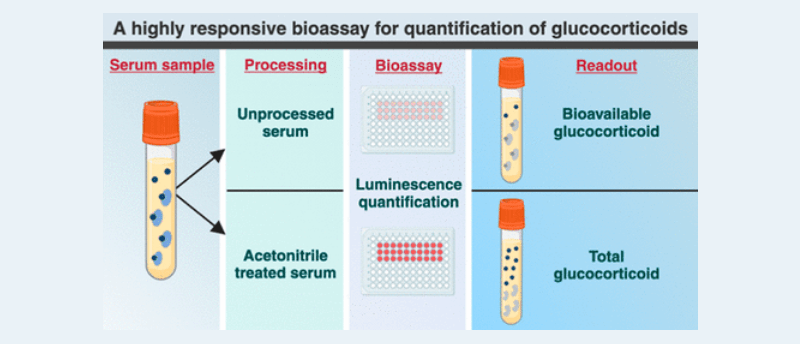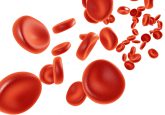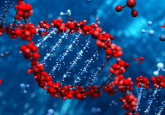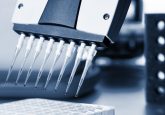A more accurate and reliable bioassay to measure the stress hormone cortisol

Researchers from Aarhus University (Denmark) and Southern Denmark University (Odense, Denmark) discovered a novel bioassay to directly measure cortisol levels in patients’ blood samples. This new method was published in Analytical Chemistry.
Glucocorticoids regulate metabolic, developmental and immune function and are involved in stress-related homeostasis. Cortisol is a major glucocorticoid that is synthesized in the human adrenal cortex. Levels of bioavailable cortisol reflect various changes in physiological and psychological events. For better health and well-being management, clinicians need to be able to assess both the total and free cortisol levels of patients.
Measurement of cortisol levels in serum samples is currently based on immunoassays or liquid chromatography-mass spectrometry (LC-MS/MS). However, immunoassays are not always well-standardized, may lack specificity and are not applicable in all clinical scenarios. As an alternative, LC-MS/MS could cover all clinical scenarios but mass spectrometers are not readily available in all clinical laboratories and LC-MS/MS equipment requires extensive validation.
“The current methods of measuring free cortisol from blood or saliva are very onerous and require processing of the sample. The most common method is therefore to collect urine over a few days instead. Unfortunately, collecting every drop of urine over several days requires great perseverance from patients. It can be almost impossible, even if the patients are hospitalised, and this is probably why we see up to 60% variation in the urine-free cortisol measurements in the individual patient,” explains Andreas Lodberg, MD and Postdoc at the Department of Biomedicine, Aarhus University.
To address these challenges, a research team from Denmark has designed a method that can measure levels of free cortisol directly from a small blood sample. The new cell-based glucocorticoid reporter assay (HEK293F-GRE) is not only more accurate and reliable but also avoids the high variation normally observed in patient samples by current methods. The Danish group has validated this new method for its stability, accuracy by dilution, precision, repeatability, reproducibility and specificity.
“Being able to measure the total cortisol level accurately means we can potentially adapt treatment more precisely and reduce the risk of side effects,” explained Andreas.
Traditional means cannot distinguish synthetic cortisol from natural cortisol and this poses a challenge in patients who have received treatment with synthetic cortisol, leading to misdiagnoses or incorrect dosage of medication. The cell-based test eliminates this problem by measuring the total hormone level.
You may also be interested in:
- Case study: automating cell-based assays to determine viral vector titer
- Innovations in Microsampling Technologies to Advance Clinical Trial Design
- Molecular Moments: Neil Spooner Talks Bioanalysis, Microsampling and Homemade Jam!
To improve patient care, Andreas emphasized the next step will be to explore how this cell-based method can be integrated into clinical practice. This new method has already met the stringent criteria set by the U.S. Food and Drug Administration. To be more convenient for doctors, Andreas aims to make the test complimentary with standard blood samples.
“[This technique is] a promising candidate for future use in clinical laboratories”, concluded Andreas.
Source: Poulsen MF, Overgaard M, Andersen CBF and Lodberg A. Highly Responsive Bioassay for Quantification of Glucocorticoids. Anal. Chem. 95 (5), 2000-2007 (2024).





